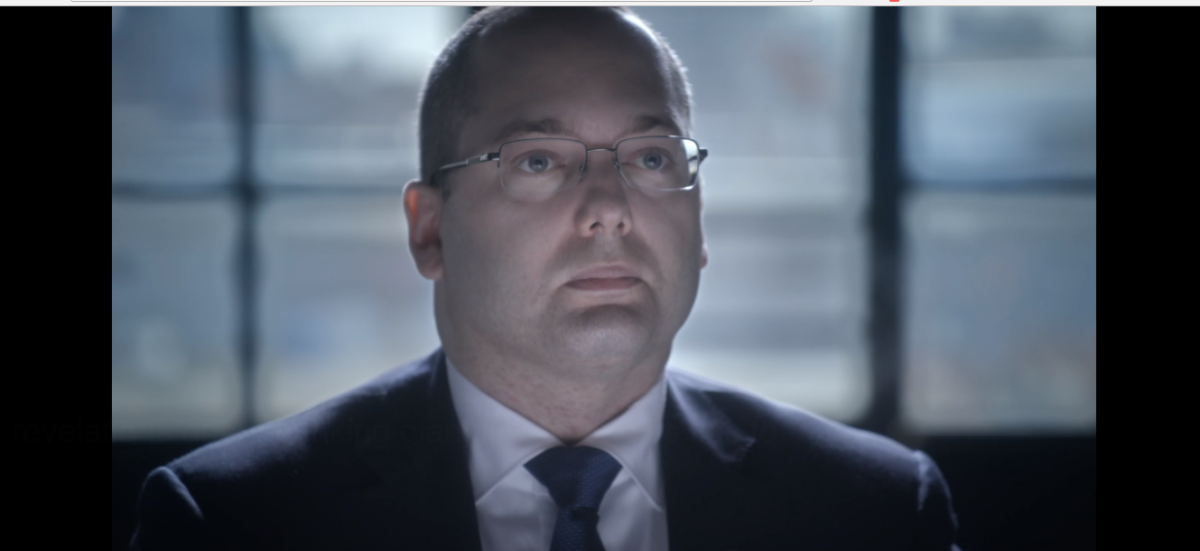If you use Netflix, you’ve probably seen previews of the streaming service’s new documentary series by Alex Gibney, Dirty Money. Like a lot of what Netflix puts out, it’s highly addictive — and the depths of corporate greed it exposes, complete with court records and documents, are staggering. Real stories of corporations making big profits without regard to the suffering it causes real, often financially struggling, people, from predatory payday loans to money laundering to, in its finale, the Trump Organization.
Delaware comes up more than once; the corrupt pharmaceutical company Valeant is incorporated in Delaware, which is really nothing shocking. Some 64 percent of Fortune 500 companies were incorporated in Delaware as of 2014, including Facebook (hi, Mark!), Amazon and Disney. We all know that large companies incorporate here for tax reasons, for the Delaware Chancery Court and because it seems easier to find corporate loopholes.
HSBC Bank, the subject of Dirty Money Episode 4, doesn’t have that particular tie to Delaware. But it has had a presence in Delaware, including an office in the Penn Mart Shopping Center in New Castle, which has since shut down. (In May 2017, the impending closure of a different New Castle HSBC made news.)
Dirty Money looks what was going on in that office, home of an anti-money laundering division created to comply to an order after a previous case. It exposes practices that helped lead to a $1.9 billion fine in 2012, including an interview with whistleblower Everett Stern, a former anti–money laundering compliance officer with dreams of working for the CIA. Stern ultimately became a key player in the 2012 case after reporting that digital HSBC documents showing business dealings with terrorist organizations and drug cartels were being hidden using ridiculously basic search engine tricks (among other things).
The most shocking part is that HSBC executives who admitted to laundering money for some of the most brutal cartels and organizations in the world were never prosecuted in criminal court, and were not personally responsible for any of the fine.
There’s a lot more to the episode, and all of the episodes are pretty jaw-dropping. Check it out on Netflix.







